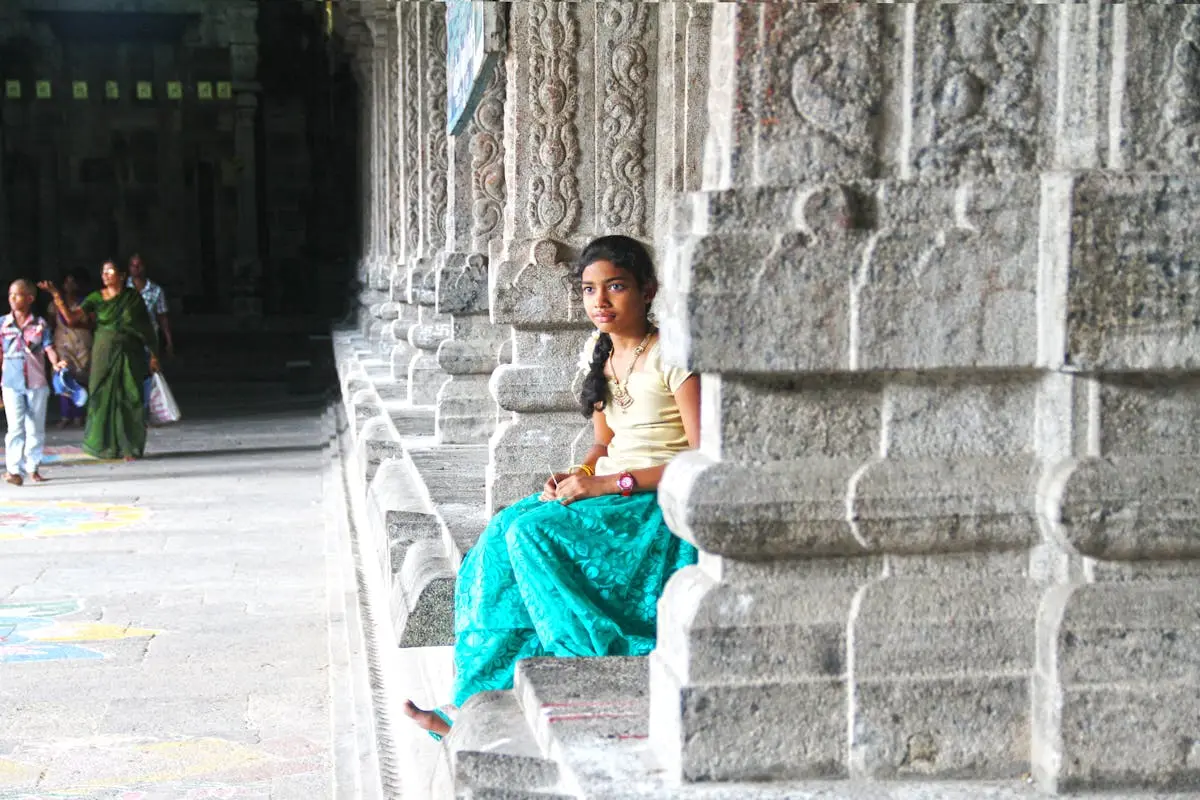Understanding Identity in Diverse Cultures
In an increasingly interconnected world, the concept of identity has become more multifaceted and complex. Explore how identity is shaped and expressed across different cultures, helping us to better understand the diverse perspectives that enrich our global society.
Defining Identity: A Global Perspective
Identity can be understood in various ways, influenced by factors such as culture, nationality, ethnicity, and personal experiences. Let’s delve into the different dimensions of identity and how they interact within global contexts.
At its core, identity is a multilayered concept. Each person carries a unique blend of traits shaped by their surroundings, peers, and life experiences. For example, a person born in a multicultural environment may have a distinct identity compared to someone immersed in a homogeneous cultural setting.
Moreover, identity is not static; it evolves as we encounter new experiences and perspectives. This dynamic nature of identity prompts discussions about how individuals adapt and redefine themselves in varied contexts. Understanding these shifts is essential for grasping the intricacies of identity on a global scale.
Cultural Identity: Tradition Meets Modernity
Let’s explore how traditional practices and modern influences shape cultural identity. Understanding the balance between preserving heritage and adapting to contemporary society is crucial for appreciating diverse identities.
In many cultures, tradition serves as a backbone for identity formation. Rituals, customs, and beliefs passed down through generations provide a sense of belonging. However, the rapid pace of modernization often challenges these established norms.
Consider the impact of technology on cultural practices. While it can threaten traditional forms of expression, it can also provide a platform for cultural revitalization. For instance, social media allows marginalized voices to share their heritage with a global audience, creating a dialogue that bridges past and present.
This ongoing negotiation between tradition and modernity highlights the resilience of cultural identity. Communities adapt to change while striving to maintain core values, often resulting in a unique blend that fosters a vibrant identity reflective of both history and innovation.
The Role of Language in Shaping Identity
Language is a powerful tool for expressing identity. Let’s examine how language not only communicates culture but also influences thought and behavior, solidifying one’s sense of self in a multicultural world.
For instance, the concept of ‘self’ varies widely across languages. In some cultures, the communal identity takes precedence over the individual, which is linguistically reflected in the language structure. This indicates how deeply woven language is into the fabric of personal and cultural identity.
Furthermore, the loss of a language can lead to the erosion of cultural identity. As communities shift towards dominant languages for economic and social integration, unique idioms and expressions that define distinct identities may fade away. Preserving linguistic diversity is thus crucial for maintaining cultural heritage.
Language is not only about communication; it’s a complex interplay of identity and expression. From dialects to slang, the subtleties of language offer insight into the speaker’s cultural background and personal experiences, providing an essential lens through which we can understand identity.
Intersectionality: The Complexity of Identity
Identity is not singular; it is intersectional. Let’s discuss how various aspects of identity, such as gender, race, and socioeconomic status, intersect to create unique experiences for individuals within different cultural contexts.
Understanding intersectionality involves recognizing that our experiences cannot be reduced to single categories. For instance, an Indian woman may face challenges rooted in both race and gender, leading to a distinctive perspective shaped by these overlapping identities.
This complexity highlights the importance of a multifaceted approach when addressing identity issues. It calls for nuanced conversations about representation and inclusivity, requiring that we consider the varied lived experiences that contribute to an individual’s sense of self.
Moreover, intersectionality emphasizes the need for allyship and solidarity among different communities. By recognizing and valuing diverse identities, we pave the way for a more equitable and understanding society, one that celebrates the richness of our collective experiences.
Cultural Appropriation vs. Cultural Appreciation
The fine line between cultural appropriation and appreciation is often debated. Let’s examine the ethical implications and the importance of respectful engagement with cultures different from our own.
Cultural appropriation occurs when elements of a culture are taken without understanding or respecting their significance. This practice can perpetuate stereotypes and undermine the experiences of marginalized groups, leading to feelings of resentment and misrepresentation.
In contrast, cultural appreciation involves a genuine interest in learning about and honoring another culture. It requires engaging with cultural practices responsibly, acknowledging their origins, and giving credit where it is due. This respectful approach fosters empathy and promotes cultural exchange.
Navigating this terrain calls for heightened awareness and sensitivity. Ultimately, it is crucial to center the voices of those whose cultures are being shared, inviting them into conversations about representation and significance. By doing so, we cultivate spaces for authentic dialogue and mutual respect.
The Impact of Globalization on Identity
Globalization has significant effects on cultural identities. Let’s look at how increased connectivity influences cultural exchange and identity formation, often leading to hybrid identities.
The blending of cultures is evident in various aspects of daily life, from cuisine to fashion. As people communicate and share ideas across borders, new identities begin to emerge, reflecting this mosaic of influences. Hybrid identities celebrate diversity while also raising questions about authenticity.
However, globalization can also lead to cultural homogenization, where dominant cultures overshadow local traditions. This potential loss poses a significant challenge for communities aiming to maintain their unique heritage while participating in a globalized society.
Thus, the impact of globalization on identity is multifaceted. It is essential to examine both the enriching exchanges and the threats to cultural preservation that arise in this interconnected world. Striking a balance between embracing global influences and honoring local traditions is key to fostering inclusive identities.
Identity in the Digital Age
Social media and digital platforms are reshaping how we express and perceive identity. Let’s explore the online representation of identity and its implications for cultural understanding.
In the digital age, our identities can be projected and curated in ways that were previously unimaginable. Individuals can craft their online personas to showcase aspects of themselves that resonate with diverse audiences, allowing for more nuanced expressions of identity.
However, this curated identity raises questions about authenticity. Are the online representations of ourselves truly reflective of who we are, or do they conform to the expectations of a wider audience? This paradox can lead to feelings of disconnection between one’s real and virtual selves.
Furthermore, the digital landscape offers both opportunities and challenges for marginalized voices. While platforms can amplify underrepresented identities, they can also expose individuals to backlash and misinterpretation. Navigating this complex terrain is imperative for fostering an inclusive online space.
Ultimately, the digital age challenges traditional notions of identity while providing new avenues for exploration and expression. By understanding the intricate relationship between technology and identity, we can better appreciate the diverse narratives that emerge in our global society.
Embracing the Complexity of Identity
Understanding identity in diverse cultures is not just about recognizing differences; it’s about appreciating the unique narratives that shape individuals and communities. By embracing this complexity, we foster empathy and connection in an ever-changing world.



